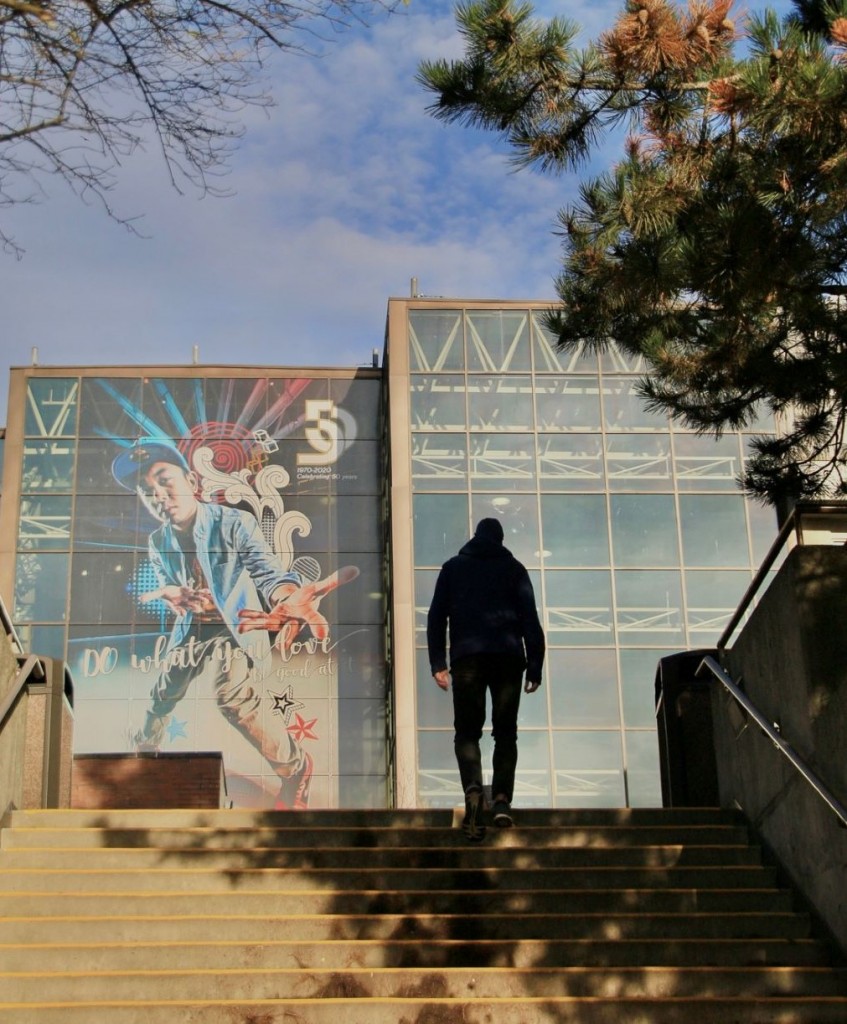
How to become pro-active in creating a safer environment for everyone
By Rebecca Peterson, Assistant Editor
There’s an odd, awful quirk of human nature that on an individual level, we tend to think does not apply to us. We believe ourselves to be good people, willing to step in if some great injustice or tragedy were unfolding in front of us, certain in our ability to know when action is needed on our part to prevent bad things from happening to other people. However, no matter what we might think of ourselves, science has proven that human beings—flawed creatures as we are—tend towards apathy or frozen inaction if there are enough of us all witnessing the same horrible thing. It is entirely possible for a person to die waiting for help after a terrible accident or attack with large swaths of onlookers observing the event and doing nothing about it. This is called the bystander effect.
The bystander effect is an incredibly complex condition, one that I won’t detail here, but it provides some reason for why we’re not always the heroes and seekers of justice we hope ourselves to be. I’m sure we’ve all had moments we’ve regretted, moments we still think about, where we wish we had said something. Where we wish we had stepped in.
A friend of mine recently overheard a co-worker talking about the recent flood of sexual harassment and assault allegations in the news recently. The co-worker stated his incredulity and anger that people had known what the accused have been up to all these years, that such people are equally culpable for doing nothing to stop it.
My friend has told this co-worker, several times, about behaviour in her workplace that has made her uncomfortable, about specific co-workers who speak to her in incredibly demeaning and upsetting ways. This co-worker tends to shrug these comments off, tells her that they’re good guys, really, just set in their ways, and finds the behaviour funny rather than threatening (likely because it isn’t happening to him).
It isn’t just the bystander effect at play here. Often, it’s hard to think of ourselves as acting in any way similar to people whose behaviour we do not condone. It’s also hard to consider that people who you like, people who you work with and respect, are not extending that same respect to others within your workplace by virtue of their gender, race, sexuality, what have you. You know them to be good people—flawed people, people who say the wrong thing sometimes, but ultimately good at heart.
What’s paradoxical and utterly frustrating about this is that many people who think this way are in a perfect position to change things for the better. If a person doesn’t respect someone—and they might claim that they do, but if their actions show that they don’t, then at heart they don’t—they’re hardly going to listen to what they have to say. A person who is being harassed at work shouldn’t have to go out of their way to befriend someone who abuses them for the sole purpose of suggesting that maybe, just maybe, their “friend” might consider treating them like a human being instead of an object. However, someone who already has the respect of their colleagues, who doesn’t have to wade through a sea of derogatory remarks and condescension, has the power to set the tone of the conversation. They have the power to correct the behaviour of others and be listened to while doing it.
This is the power of privilege, and an example of recognizing your privilege and putting it to good use. This is how you become that hero, that great intervener that you see yourself to be. It isn’t always a matter of saving someone from a car wreck or fighting off an attempted mugging of an old granny. Often, the best way to be a hero is to tell your friends when they’re being a fucking idiot and making someone uncomfortable.
This requires you to listen, however, which is harder than just intuitively knowing when something is wrong and springing to action based on a gut feeling. I guarantee that if you listen—to women, to People of Colour, to any marginalized person—you’ll get a far better sense of what is causing harm… or who is causing harm. After all, the first step in solving any problem is knowing there’s a problem to begin with.
It’s time to stop being a bystander, and start taking an active role in creating positive change.

